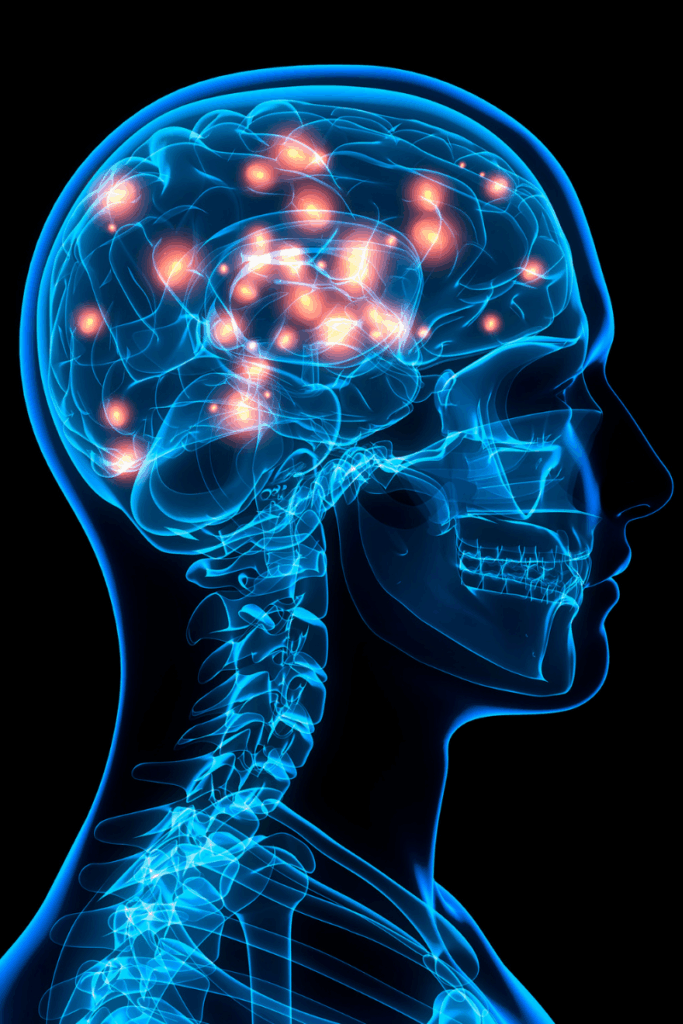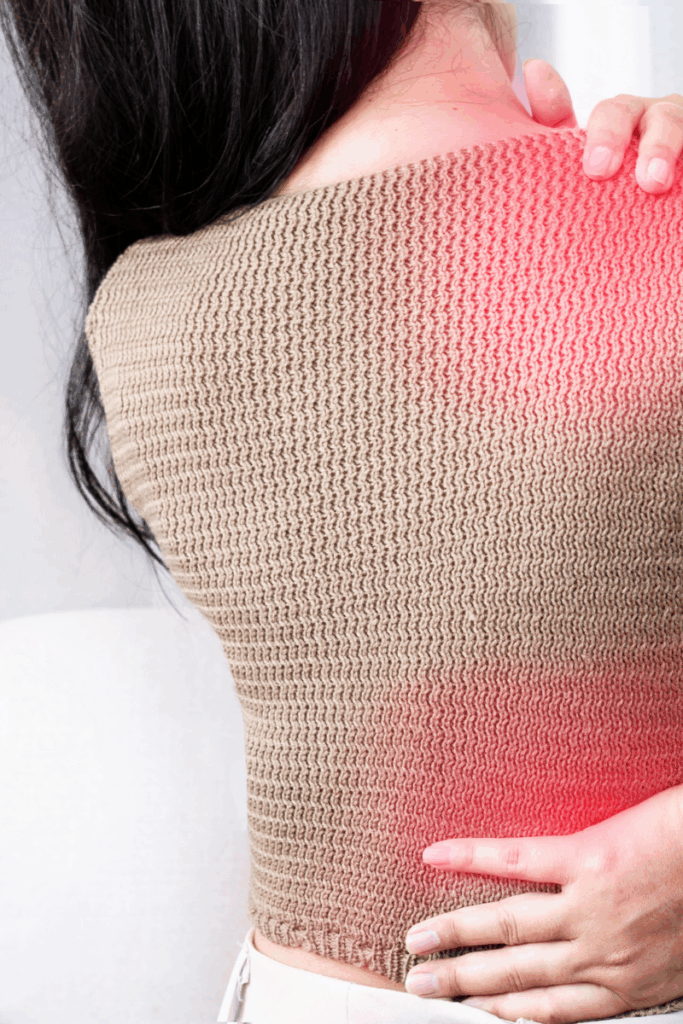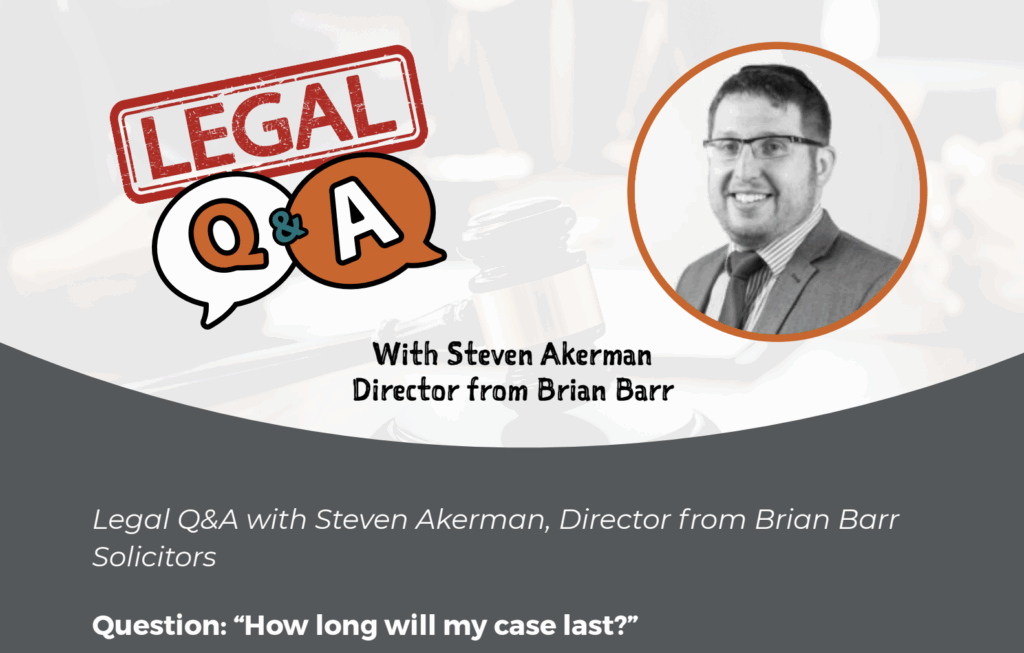Complex Regional Pain Syndrome (CRPS) can affect people of any age, including children, but it tends to be more common in women who are 60 to 70 years of age. Some of the common symptoms include:
Symptoms of CRPS
- Extreme sensitivity to pain that is out of proportion to the injury or trauma
- Excessive or prolonged pain after contact – as the affected area has increased sensitivity, even light contact can cause extreme pain
- Continuous pain that gets worse over time
- Experiencing pain from something that shouldn’t be painful such as a light touch or a change in temperature
- Stiffness and swelling of the affected joints
- Changes in skin, hair and nails – skin may become blotchy, dry or scaly, nails crack and can become grooved or brittle, and hair often becomes thin
- A decrease in range of motion of the affected limb or limbs
- Stiffness of limbs
- Insomnia and difficulty sleeping
- Changes in skin temperature – the affected limb may feel warmer or cooler than the opposite limb
- Changes in skin texture
- Tremors and muscle spasms
These are the most common symptoms experienced by people suffering from CRPS, but it is essential that you seek medical advice rather than making a self-diagnosis. A medical professional can carry out the assessments and tests required to ensure the symptoms you are experiencing are indicative of CRPS.
CRPS is often very misunderstood and misdiagnosed, which is why it is important to speak to your doctor to discuss a diagnosis. Your doctor will often refer you to specialists including rheumatologists and neurologists to help with your diagnosis and to put together a treatment plan. Physiotherapists, psychologists, occupational health workers as well as pain relief specialists will all work together to support you so you can manage the impact of pain on your life.
Treatment plan for CRPS
The treatment plan tends to comprise of:
- Education and self-management – advice about any steps you can take to help manage the condition
- Physical rehabilitation – to help improve your function and reduce the risk of long-term physical problems
- Pain relief – treatments to help reduce your pain
- Psychological support – interventions to help you cope with the emotional impact of living with CRPS.
Budapest criteria
CRPS is a lifelong condition which is known for being very hard to diagnose and the Budapest Criteria is often used to diagnose CRPS and differentiates between ‘signs’ and ‘symptoms’.
Symptoms:
- Sensory – Hyperaesthesia (an abnormal increase in sensitivity), and/or allodynia, which is pain caused by stimuli which shouldn’t trigger a painful response. Examples of allodynia include lightly touching the affected limb, perhaps by moving a bedsheet or by a gentle tap on the wrist.
- Vasomotor – Skin colour changes and/or changes in temperature of the limb.
- Sudomotor/oedema – Swelling of the limb and/or an excess of sweat from the affected limb, or changes in sweating swelling of the limb.
- Motor/Trophic – Decreased range of motion and/or motor dysfunction, including weakness, spasms, tremors or wasting. Trophic changes include changes to the hair, nails or skin on the affected limb.
Signs:
- Sensory: Hyperalgesia (to pinprick), a heightened sensitivity to pain, and/or allodynia to light touch or deep somatic (physical) pressure and/or joint movement
- Vasomotor: temperature differences between the limb, and/or skin colour changes and/or skin colour changes between the limb
- Sudomotor/oedema: oedema and/or sweating changes and/or sweating differences between the limbs.
- Motor/trophic: decreased range of motion and/or motor dysfunction (ie weakness, tremor or muscle spasm) and/or trophic changes (hair and/or nail and/or skin changes)
Pain is often invisible and the brave face needed to cope with each and every day doesn’t show the internal suffering to others, therefore the sooner you seek help and get a diagnosis and a treatment plan, the sooner you can move forward with your life.
If you are suffering from fibromyalgia, CRPS, or any chronic pain condition as a result of an accident that was not your fault, and even if you have an existing CRPS claim, get in touch with our accident solicitors in Manchester to see if we can assist. It is simple and hassle free to move your claim to Brian Barr who are expert CRPS solicitors with experience in dealing with chronic pain litigation. Call us today on 0161 737 9248 or visit our website (www.brianbarr.co.uk) to find out more.
We do not endorse any research, studies or sources mentioned within our blogs and comments. The blog is for information purposes only as we are not medical professionals. We do not endorse any medical advice provided and would strongly recommend anyone seeking medical advice to contact their local healthcare provider before any changes to treatment and / or management of your condition is undertaken.
















